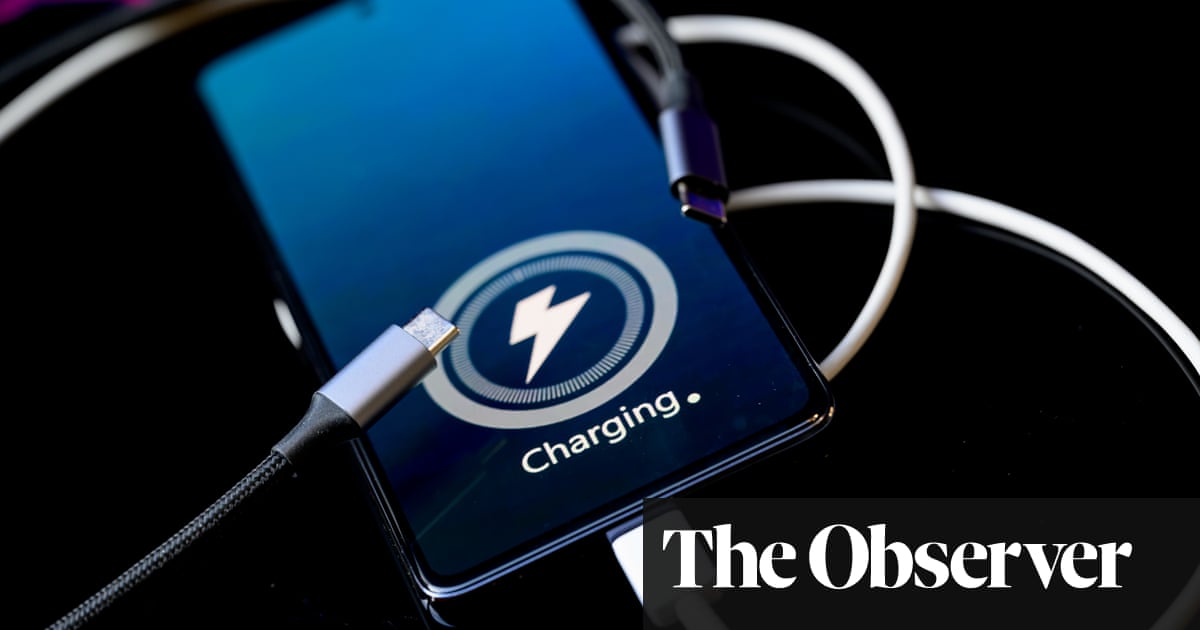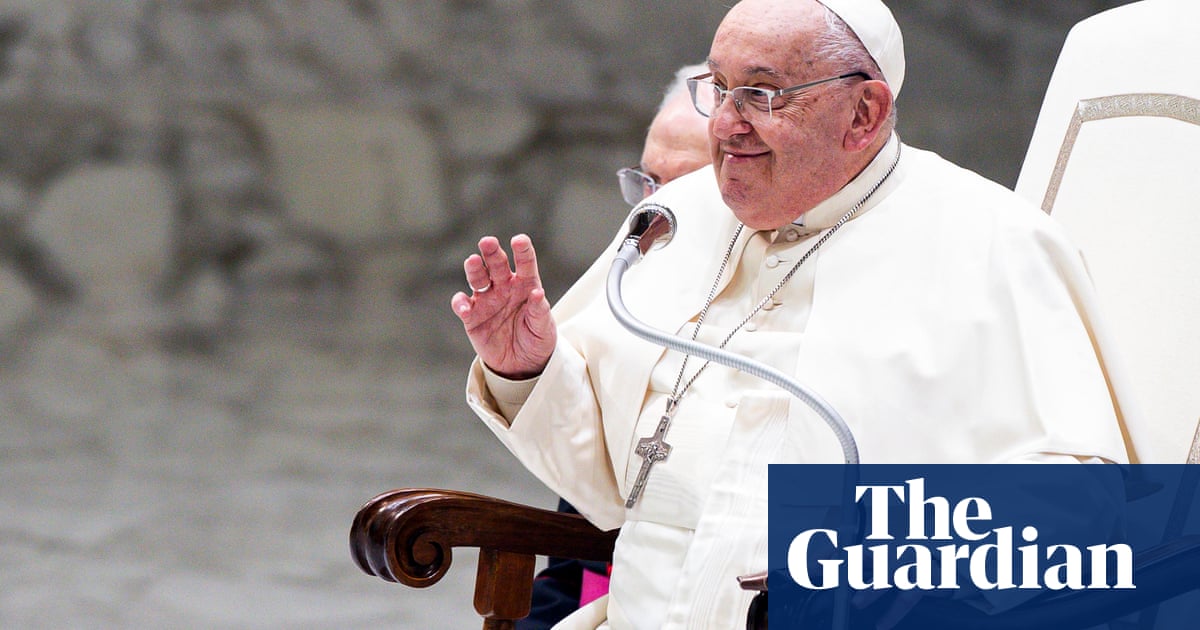The England captain, Jamie George, has insisted that a toxic environment is not a necessary price to pay for success after admitting Eddie Jones’s regime could be “challenging” and that he understands where Danny Care is coming from after his explosive claims about the Australian’s setup.
George, who was appointed England captain at the start of the year, was a mainstay of Jones’s squad and is adamant that the current set-up is “much more inclusive” but did concede “it hasn’t always been that way” in a nod to Care’s comments in his autobiography that the previous environment was like “a dictatorship”. George did, however, laud Jones’s coaching credentials.
Under Jones, George won three Six Nations titles, including the grand slam in his first year in charge, and reached the 2019 World Cup final. And while he praised the current Japan head coach for his achievements with England, he was adamant success does not have to come at a cost. Care has suggested that England prospered under Jones, particularly in the early years of his tenure, precisely because of how hard he could be on the players.
But pointing to the European and Premiership success he has enjoyed with Saracens, George said: “I don’t think necessarily there is always a cost to winning. I don’t believe that. I have been part of teams that create really positive environments, Saracens being one of them. We have won some pretty big things and were very successful with a different way of viewing things and going about things.
“Everyone has their own experiences. First of all you never want to hear … I lived it with Danny at the time, I knew how he felt about it. Eddie was someone who never wanted to sit still, always wanted to get better, pushed people and it was challenging at times, of course it was, and I understand what Danny is saying. Equally what he said in his book is that Eddie was one of the best coaches he worked with and that runs true. Eddie did brilliant things for English rugby. We got to a World Cup final and we probably live with regret that we didn’t win that, a grand slam, a couple more Six Nations – that is the sign of a good coach to me. You have got to reflect on the good times and the bad.
“Eddie was very clear in his ways and what I know is now we have got a much more inclusive environment in which we can challenge and accept and speak to all the members of staff and I guess it hasn’t always been that way.”

Under Jones, England had the wood on Australia, who visit Twickenham on Saturday and since the 2015 World Cup – when the Wallabies dumped Stuart Lancaster’s side out of the competition they were hosting – a period of dominance has ensued. England have won 10 of the last 11 meetings, the only defeat coming in Perth two years ago, and George and co are expected to get back to winning ways on Saturday.
The Wallabies have sprung a surprise in the team selection, however, handing the 21-year-old former NRL superstar Joseph Sua’ali’i a debut in what will be his first professional game of rugby union and George has vowed that England will give the rookie a warm welcome to the Test arena. “I know that if he wasn’t ready to play, then he wouldn’t be playing,” added George. “So that’s something that we’ve got to be very aware of. There’s this element of the unknown. But at the same time, you know, we’ve got to make sure we’re as clued up as we possibly can be. And make sure that he knows what Test match rugby is all about. And that’s always going to be the case whether you’ve played zero games or 100 games.”
after newsletter promotion
England head to Twickenham on Saturday looking to arrest a run of four defeats in five Tests after last Saturday’s loss against New Zealand made it three in a row against the All Blacks. All have been by narrow margins and while England have been criticised for trying to contain New Zealand in the last quarter rather than press home their advantage, the assistant coach, Richard Wigglesworth, does not believe that was the case last weekend. “There are little details that go into making it look like you’re not attacking the opposition and containing,” said Wigglesworth. “Whereas I thought this one was largely discipline-based because any time you had it you’re matching another 40-50 metres so I think that’s where the game ended up being played in the last 20 minutes.”

.png) 2 months ago
23
2 months ago
23













































